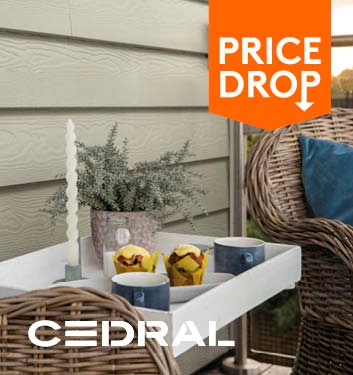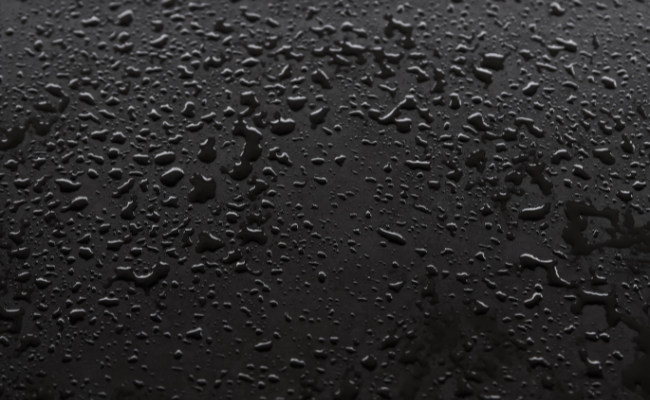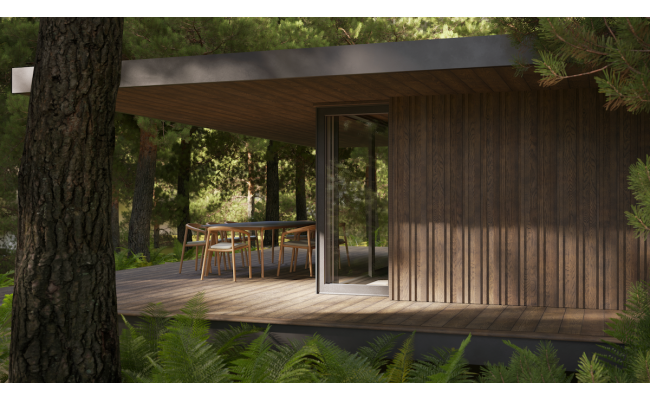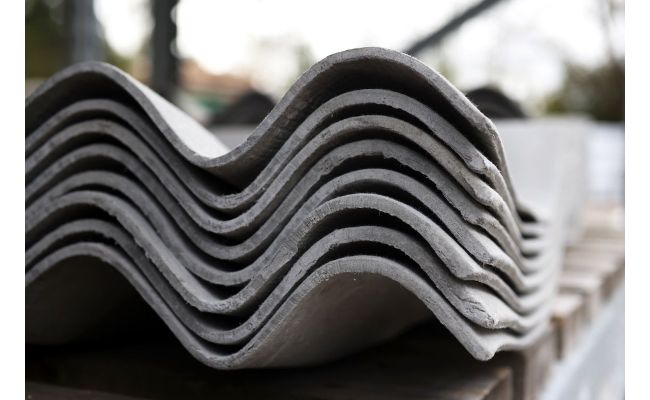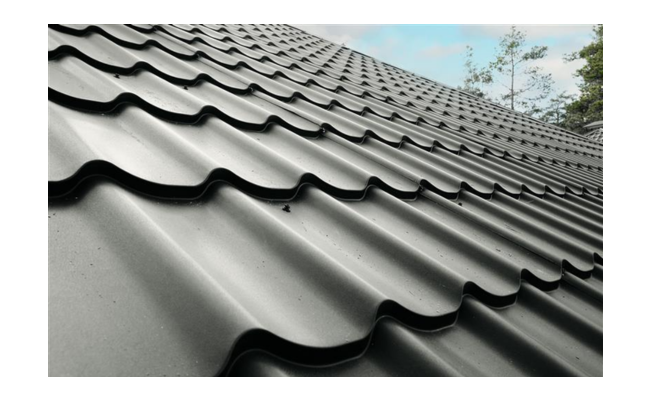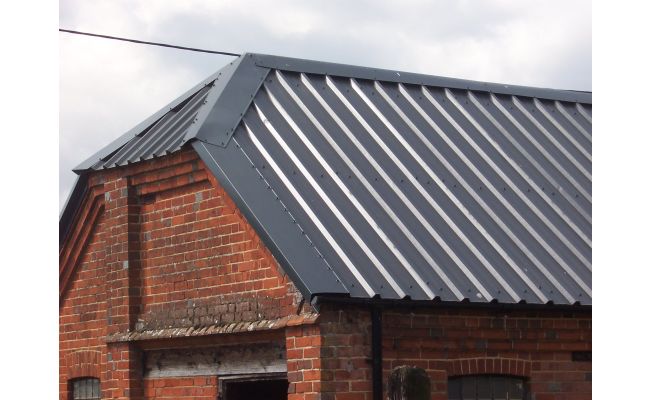How to deal with condensation on windows, walls, roofs and even door handles in winter is a common concern.
Winter is fast approaching, and memories of the condensation problems you experienced with your steel-roofed garden structure at the beginning of the year are coming back. You did nothing about it then, and it was all but forgotten during the warmer months. But now’s the time to act if you want to prevent damage to the building and its contents getting mouldy or rusty.
Before we get into possible solutions, it’s worth a quick ‘science explainer’ to understand why condensation happens in the first place. Condensation is the opposite of evaporation – it’s when gas turns into liquid when it touches a cooler surface. So, when the warmer air inside your shed, garage or garden room hits the now cooler metal roof sheet, water droplets form, which can cause damage to the building’s structure as well as its contents.
There’s not just the inside of the property to consider, condensation on the outside of windows and buildings can also cause a number of issues including mould build-up and potential erosion.
Condensation problems are a regular concern for Southern Sheeting customers, so we’re well versed in all the remedies out there – here’s our lowdown.
Replace with more appropriate roof sheets
If you’re UK-based and looking for year-round dry storage, single skin steel sheeting probably isn’t your best option. You may want to consider replacing it with one of the following alternatives:
Anti-condensation steel sheets are supplied with a pre-attached non-drip woven fabric liner to hold the moisture on the underside of the sheet until it dries off through ventilation. Crucially, this liner also prevents water dripping down the interior of your building.
Insulated composite panels are steel roof sheets with a layer of insulation between them. This type of sheeting will not only prevent condensation but will keep your building warm, too.
Moving away from steel sheeting altogether, you could consider either fibre cement profiled sheeting or Onduline bituminous sheets, neither of which cause condensation.
GrafoTherm anti-condensation paint
This retrofit spray-on coating is specially designed to be applied to the underside of metal roofing and cladding sheets. It soaks up moisture and prevents walls and ceilings dripping. Applying GrafoTherm can often be the most cost-effective way to keep your shed, garage, garden room, warehouse or shipping container dry in the colder months. What’s more, it has a Class A fire rating.
Insulating the underside with boards
There are numerous techniques to achieve this – we’ve even heard of polystyrene being glued directly to the underside of roof sheets. While some people may have had success with retrofit insulation boards to cure condensation, we don’t think it’s the best answer. In our experience, it rarely provides a 100% drip-proof solution because of inevitable cold spots.
Spray insulation foam
This solution has similar pluses to GrafoTherm anti-condensation paint, but it also adds insulation to the structure. The downside is that it can be tricky and messy to apply. And if you ever need to remove it, you’ll have a big, nasty job on your hands. It’s worth noting that most spray insulation brands do not hold a good fire rating.
Create more ventilation
More airflow in a building will reduce the occurrence of condensation forming. Simply opening windows, or creating vented eaves by removing the profiled foam fillers could be enough to prevent some condensation problems. But more extreme conditions will require further intervention.
Consider the floor
Many sheds are built on concrete slabs with no additional flooring. The cold and moist concrete slab can often contribute to internal air humidity. By adding a newly constructed floating floor with timber, insulation and a vapour barrier, you can improve condensation issues.
Use a dehumidifier
You could run a dehumidifier unit to dry out the air within the structure. But with rising energy costs, this could end up being very expensive – especially if left to run for a long time. And we wouldn’t recommend leaving a machine running for long periods unsupervised.
Southern Sheeting are experts in trade-trusted goods and have extensive experience and expertise in simple solutions for interior and exterior fixtures.
Get in touch or read our help and advice section to learn more about how you can improve and protect commercial and domestic properties this winter.

